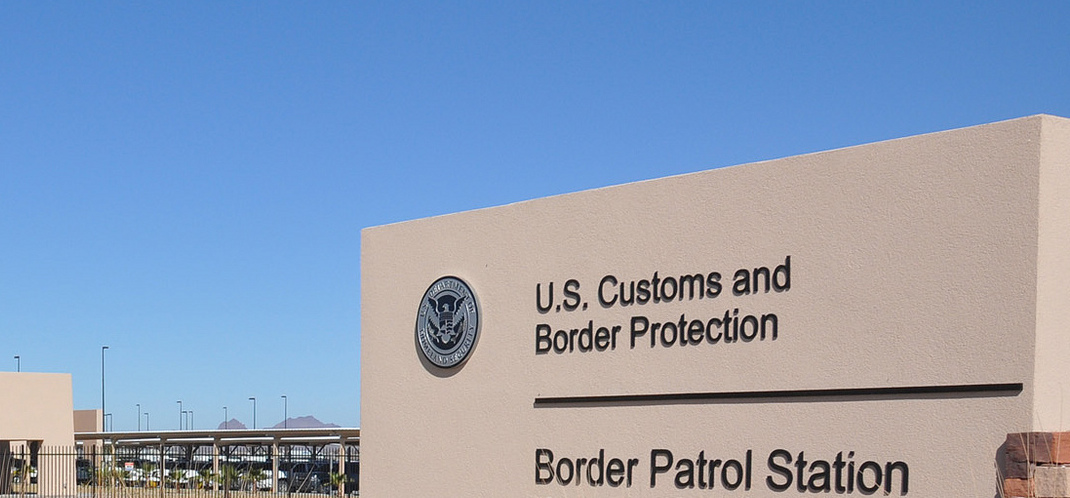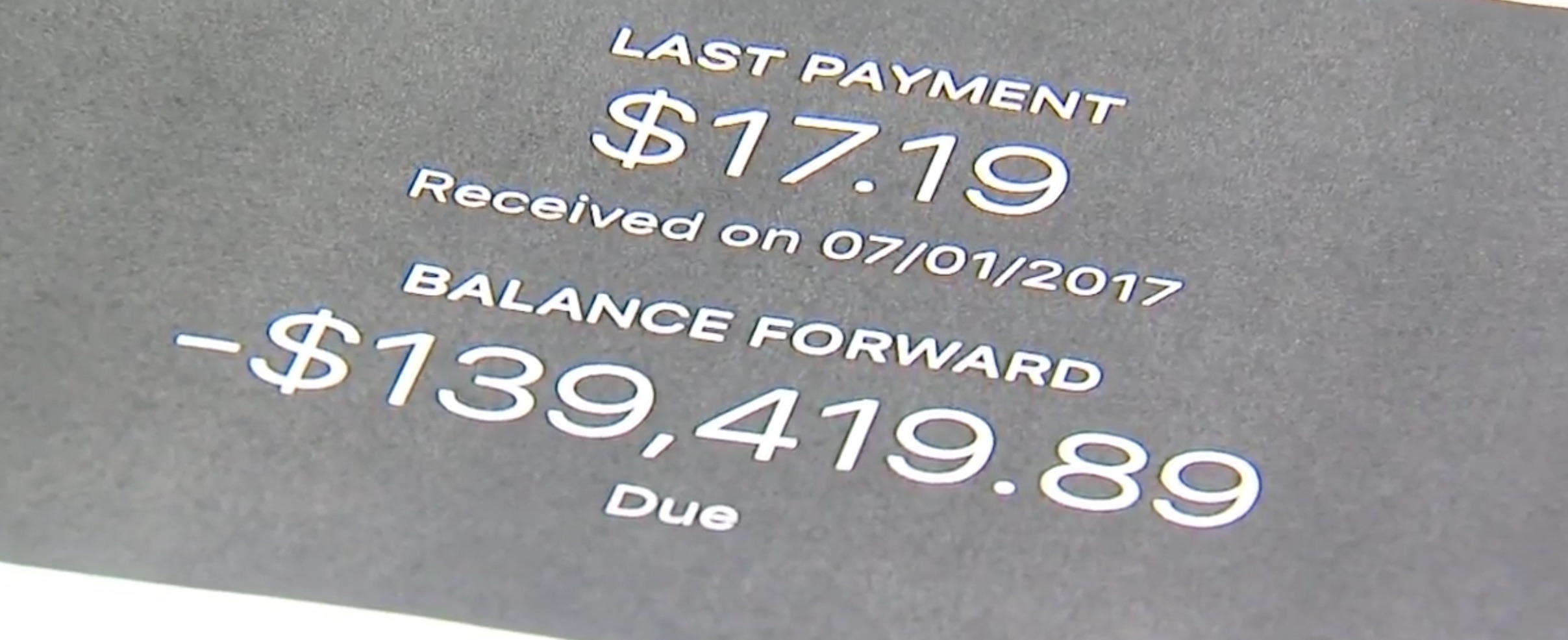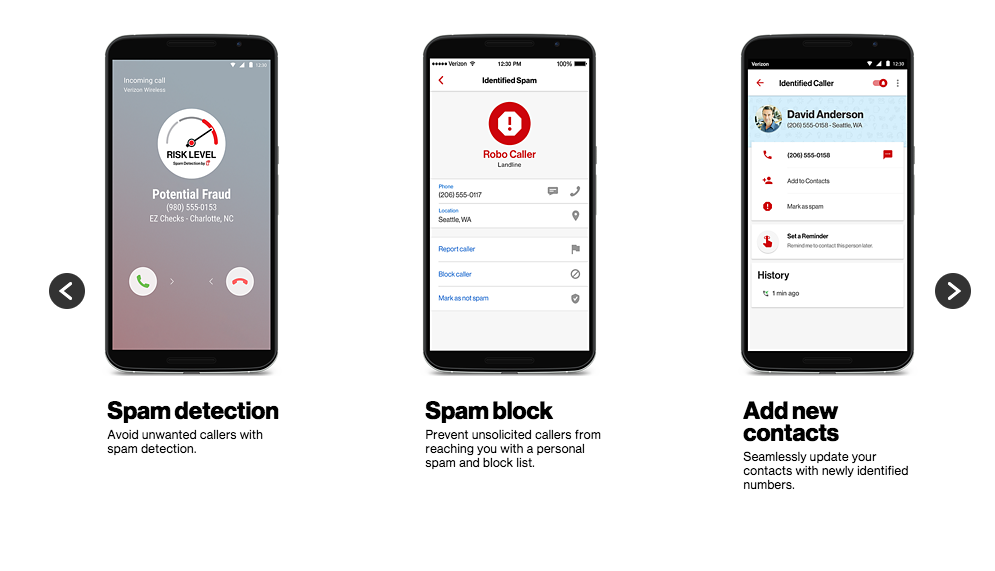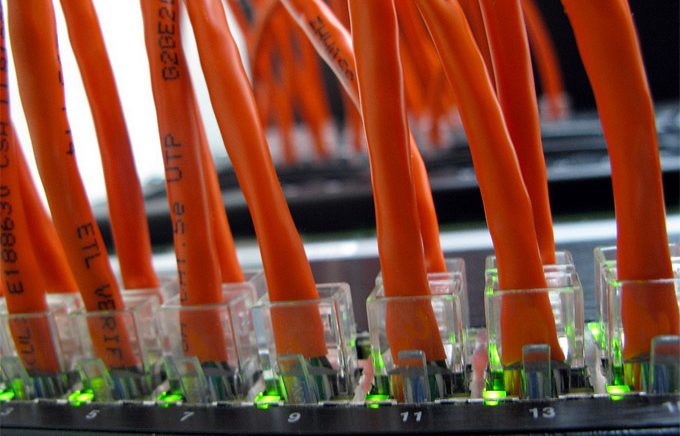Having an antivirus program and malware prevention suite on your computer is a good idea. A great idea, in fact. Everyone should have one, especially businesses and government agencies. But now one security company, Kaspersky Lab, is under fire for its Russian connections — leaving local, state, and federal agencies figuring out what to do next. [More]
Data & Privacy

Feds Stop Using Kaspersky Antivirus Over Reported Russian Connection; States May Stick With It

Google Adds Additional App Verification Steps To Protect Users From Phishing Attacks
Two months after Google added phishing protections to the Android Gmail app, the company is taking its no-phishing attack approach further by introducing new warnings and a more complex verification system for new apps. [More]

FBI To Parents: Watch Out For Kids’ Privacy With Internet-Connected Toys
A basketball, a Lego set, or a box of crayons is largely what it seems, but modern “smart toys and entertainment devices” for kids have a lot of things in them that can collect sensitive data. And as more and more of a kid’s nursery fills up with gadgets that connect to Bluetooth, the web, or parent apps, the feds are advising parents to be wary. [More]

Someone Remotely Hacked A Segway Scooter
Strapping on a helmet and jumping on the back of a Segway is a popular way for many tourists to take in the sights on vacation. But could your next encounter with such a group involve runaway scooters? It’s possible after a researcher was able to hack into the popular electric scooter and operate it without the help of a rider. [More]

Can Border Patrol Agents Search The Data Your Phone Stores In The Cloud?
While police must have a warrant to search someone’s phone in the U.S. — even after that person has been arrested — what can law enforcement do with gadgets seized at the border? For one thing, U.S. Customs and Border Protection says its officers are limited to searching phone content that is saved directly to the device, and not on the cloud — including social media. [More]

Customer Records For Millions Of Verizon Subscribers Exposed
It’s a day ending in the letter “Y,” so we’re not surprised that yet another breach of customer information is making the news: In the latest, a cyber security firm says information for at least 14 million Verizon residential and small business wireline customers was found on an unsecured web server, allowing anyone on the Internet to access it. Verizon says that figure was closer to six million customer records. [More]

Here Are The 14 Trump Hotels Affected By Company’s Latest Hack Attack & What You Can Do About It
Marking the third such breach in the last two years, Trump Hotels notified guests this week that 14 of its properties have been affected by a hack attack, exposing guests’ full names, emails, addresses, and credit card information, including expiration dates. Here’s what you need to know. [More]

Here’s What You Need To Know About Hard Rock, Loews Hotels Hack Attacks
If you’ve stayed at a Hard Rock Hotel & Casino or Loews Hotel you’ll want to keep an eye on your financial statements after the two lodging companies revealed they’re the latest victims of a hack attack. [More]

Here’s How A Global Cyber Attack Affected The World’s Snack Stash
The ransomware attacks that returned to Europe in late June affected a variety of large companies around the world, including snack company Mondelez, which had to miss some shipments at the crucial end of the quarter after its computer systems were compromised. [More]

Feds Shut Down Loan Application Sites That Illegally Sold Personal Data
There are a lot of people who need to borrow money quickly but don’t know where to go for a loan. So they go online, where there are plenty of shady operators promising to connect loan applicants with lenders. What the borrower doesn’t know is that these lead generators may also be selling their personal information with third parties who have nothing to do with that loan. [More]

Sprint Accidentally Credits $139,000 To Customer’s Account
What would you do if you received a bill credit that you didn’t deserve? How about if you received a bill credit that’s enough to buy you a modest house in most of the country? Just ask the Ohio Sprint customer who opened his wireless bill and saw a credit for $139,419.89. [More]

Why Is Verizon Charging $3/Month For Call-Blocking Service That Others Offer For Free?
Verizon Wireless now offers a service that is intended to help users block phone spam and robocalls. It appears to be quite similar to a service launched in late 2016 by AT&T or the anti-scam features introduced by T-Mobile earlier this year. But while those services are both free to use, Verizon customers will have to pay $2.99/month for this option. [More]

Mississippi Official Tells Trump ‘Election Integrity’ Commission: “Go Jump In The Gulf Of Mexico”
You may have heard that President Trump’s new Advisory Commission on Election Integrity is asking state election officials to turn over a raft of very personal data about voters’ records. Not surprisingly, some states are reluctant to provide this information, and the Secretary of State for Mississippi has a very direct response for the administration. [More]

These Forms Collect Your Data Even If You Don’t Hit “Submit”
If you fill in a web form and hit “submit,” you expect your data to get whisked off into the great ether, and probably from there to be shared with third parties. But you probably don’t expect your keystrokes — and form auto-fill fields — to be captured and sent away as-entered, before you hit submit. And yet, a new report claims, that may be exactly what’s happening. [More]





